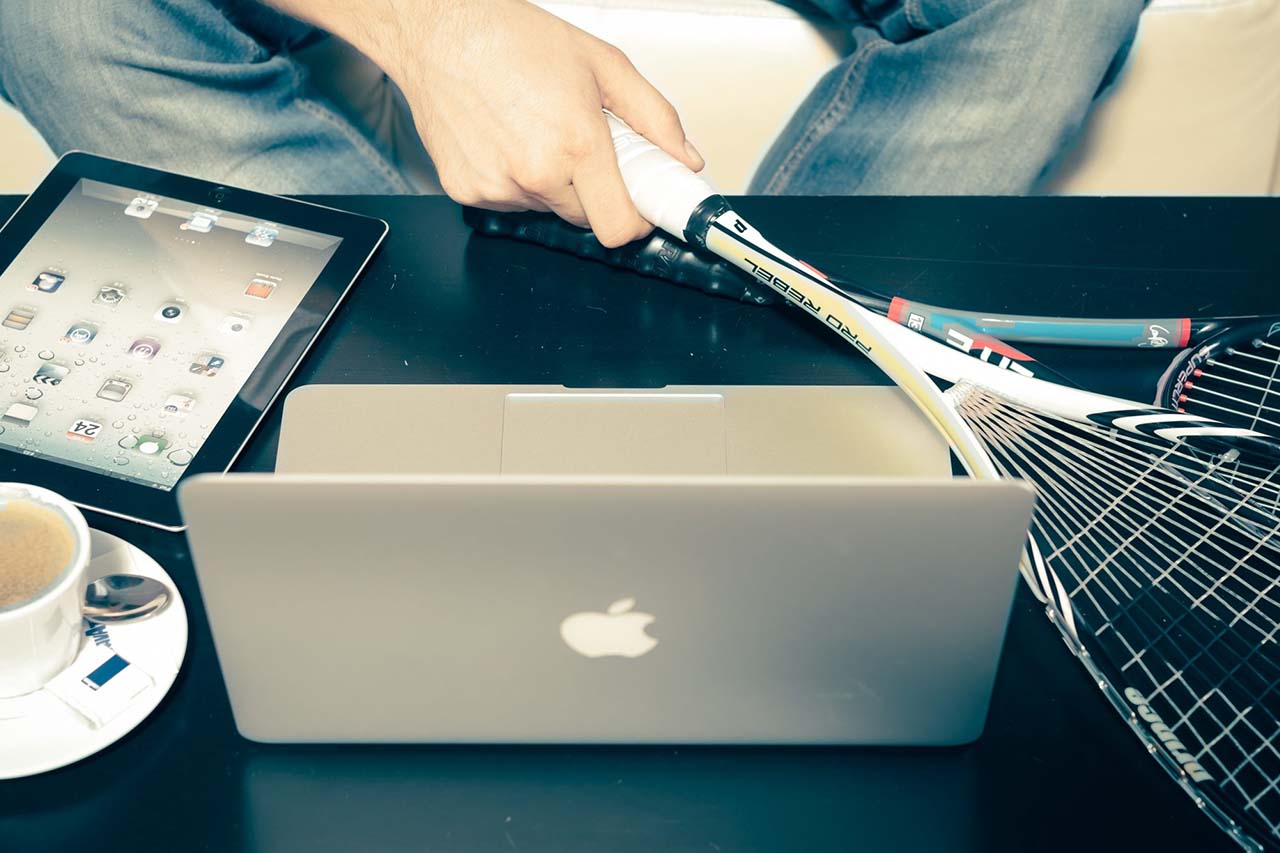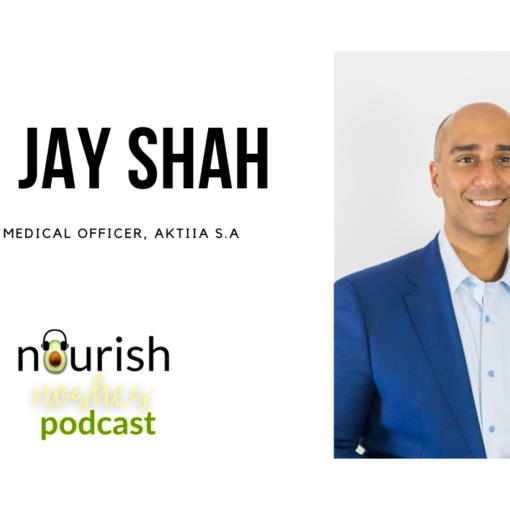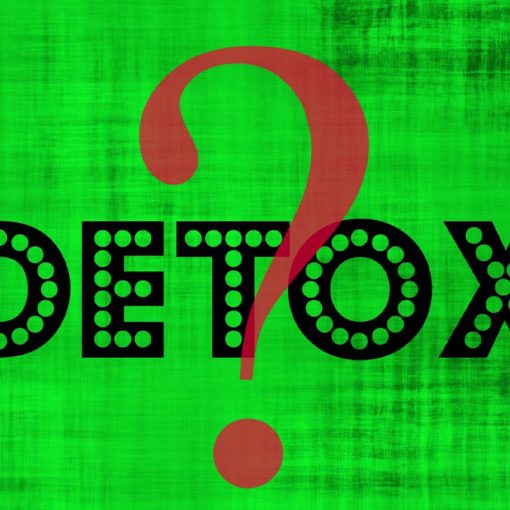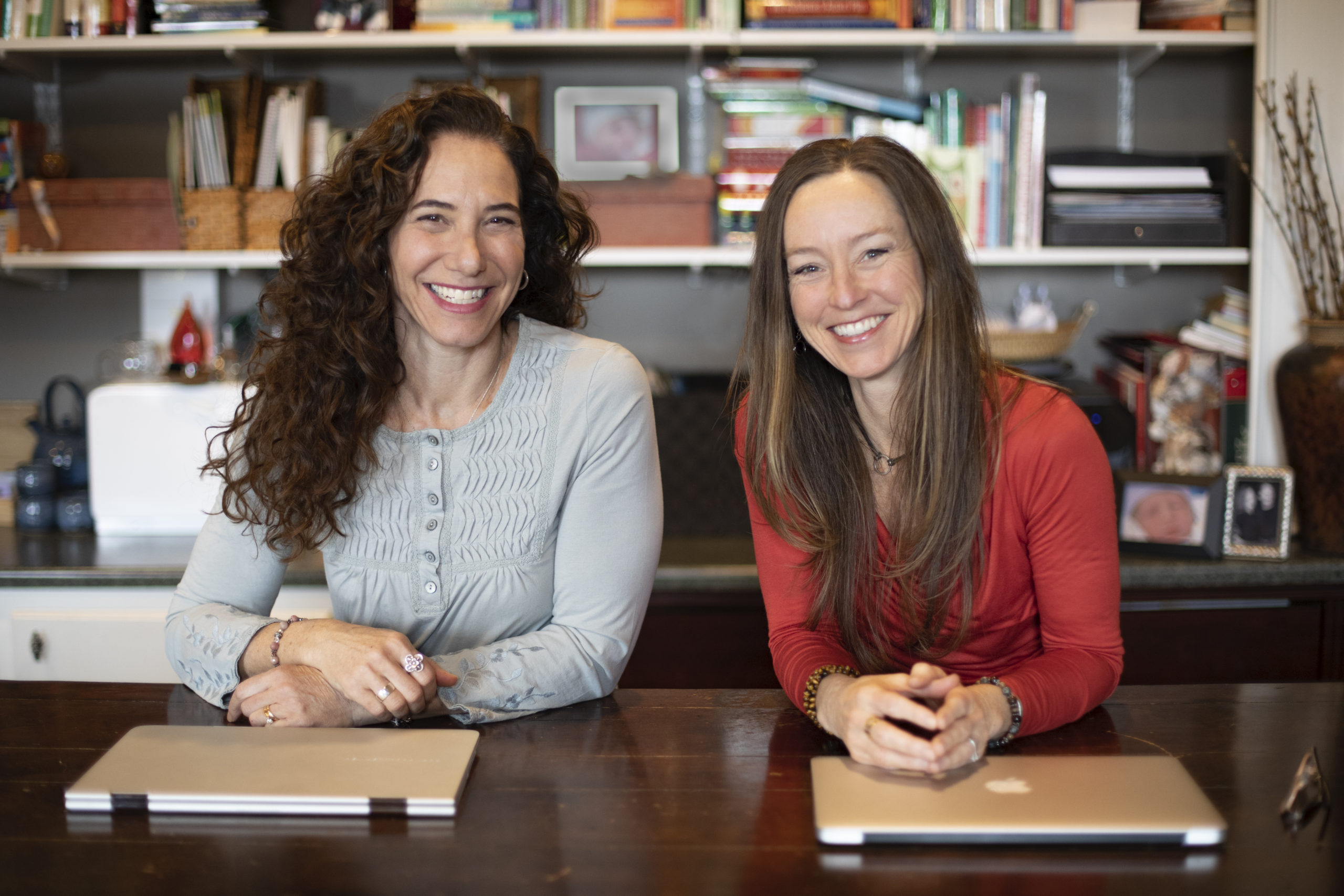Exclusively written for NourishCoaches.com
By: Brielle Sophie
Pew Research distinguishes the Millennial generation as those born between 1981–1996.
Millennials grew up alongside disruptive technologies and came of age amidst the Internet’s explosion. Technology has changed the way they perceive the world: they are commonly referred to as the iGeneration. In this regard, they have become exposed to more health-related scientific information than Boomers, and are supplied with the technologies to make this information widespread. Millennials also seem to be rebelling against the beliefs that their Boomer parents subscribed to, from viewing doctors and medicine as the be-all-and-end-all cures, to embracing a mindless throwaway culture. The Millennial definition of wellness is something different altogether which focuses on alternative ways to feel like one’s optimal self.
Here’s how Millennials are redefining ‘wellness.’
Multipurpose Fashion
Activewear is no longer just used for working out; it’s a lifestyle now known as “athleisure.” Millennials clad in athleisure see it as an active pursuit and a uniform of wellness for their daily lives. Nowadays, lifestyle brands that have taken heed of this trend such as Lululemon or Outdoor Voices, are not only selling their products but developing their brand and inviting more consumers into their community of health and wellness with one swift purchase. The growth of athleisure is not just an aesthetic but is driving its wearers to actively pursue fitness. The Guardian pointed to Jia Tolentino’s essay titled ‘Always Be Optimizing’ that talked about the popularity of Barre classes. These classes no longer encourage people to be under pressure to be their ideal self for their partners or anyone else and to only get healthy for themselves. Regardless of their motivations, athleisure-wearers and Barre-attendees get active while still looking good and feeling better.
Flexible Schedules
The instant nature of technology has changed the way many industries are now operating, including the education sector. US News reports that between the fall of 2015 and 2016 alone, online enrollment increased at a faster pace than the previous three years together. Today this trend is continuing, with Maryville University noting that 33.5% of higher education students take at least one online program. The university also outlines how full online course now have the same value as courses taken on campus showing how they have evolved in recent years. This is because Millennials have made online classes, degrees, and certifications mainstream due to the omnipresence of technology. Flexible work and study has become one of the defining trends of the past decade, and is proven to be one that actually works. Microsoft Japan recently experimented with a 4-day workweek and found that productivity rose to 40%. A healthy work/study-life balance is one that allows for sufficient time spent studying or doing work, while also making time for what truly matters.
Plugged in
The same devices that we are plugged into can also boost mental health. Staying connected has never been easier, and people can easily keep in touch with their loved ones. These maintained relationships help them feel better overall. These devices also function as wellness trackers and sleep aids. A number of solutions now exist with the help of apps or podcasts such as ZZZs Matter. Research has shown how Millennials use these apps 50% more than the average of any other age group. For example, Headspace offers guided meditation for users to follow at any point of the day. There are apps to help track fitness as well, letting users squeeze in a workout, even with no equipment or gym membership. Healthy eating apps like Plant Nanny send you push notifications to remind you to drink water throughout the day and track your progress. Even healthy meal plans are available through apps, as are online recipes, and even fresh produce deliveries to ensure that you eat clean. The desire to learn more about health and wellness is likewise one search query away.
Wellness has been championed by Millennials as a cause that pushes for holistic lifestyles––a balance of mental, physical, and spiritual wellbeing. In an age where many things like mental health are compromised, the Millennial wellness cause is one way to stay grounded and sane throughout it all. Self-care is prized, which is a drastic refuge and paradigm shift to contrast our multitasking, multi-hyphenated lives. We can take the cue from Millennials that perhaps wellness is not just a trend, but a lifestyle that’s here for us to adopt for good.






